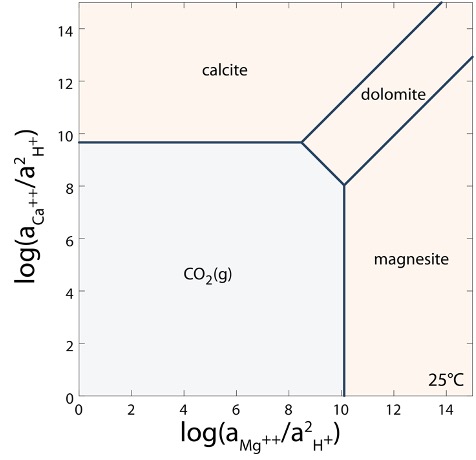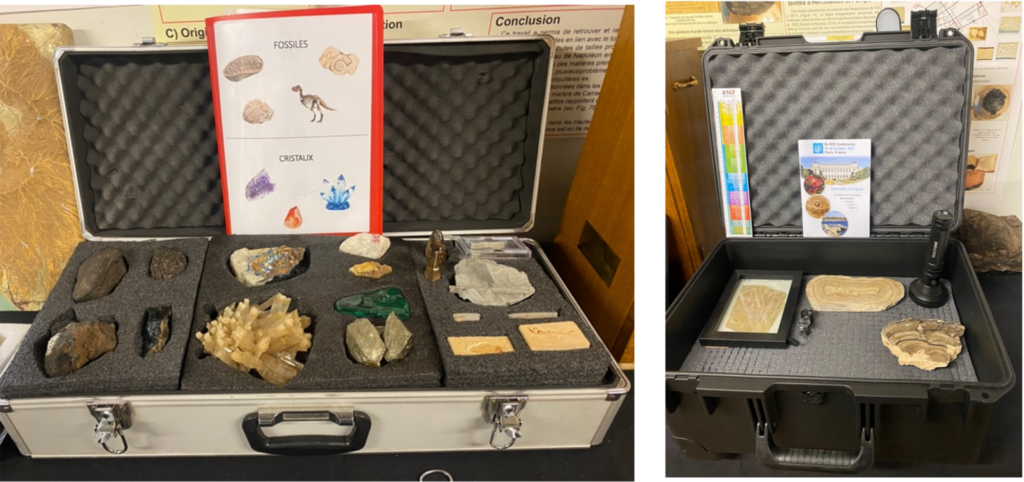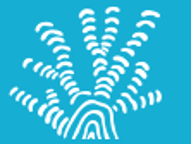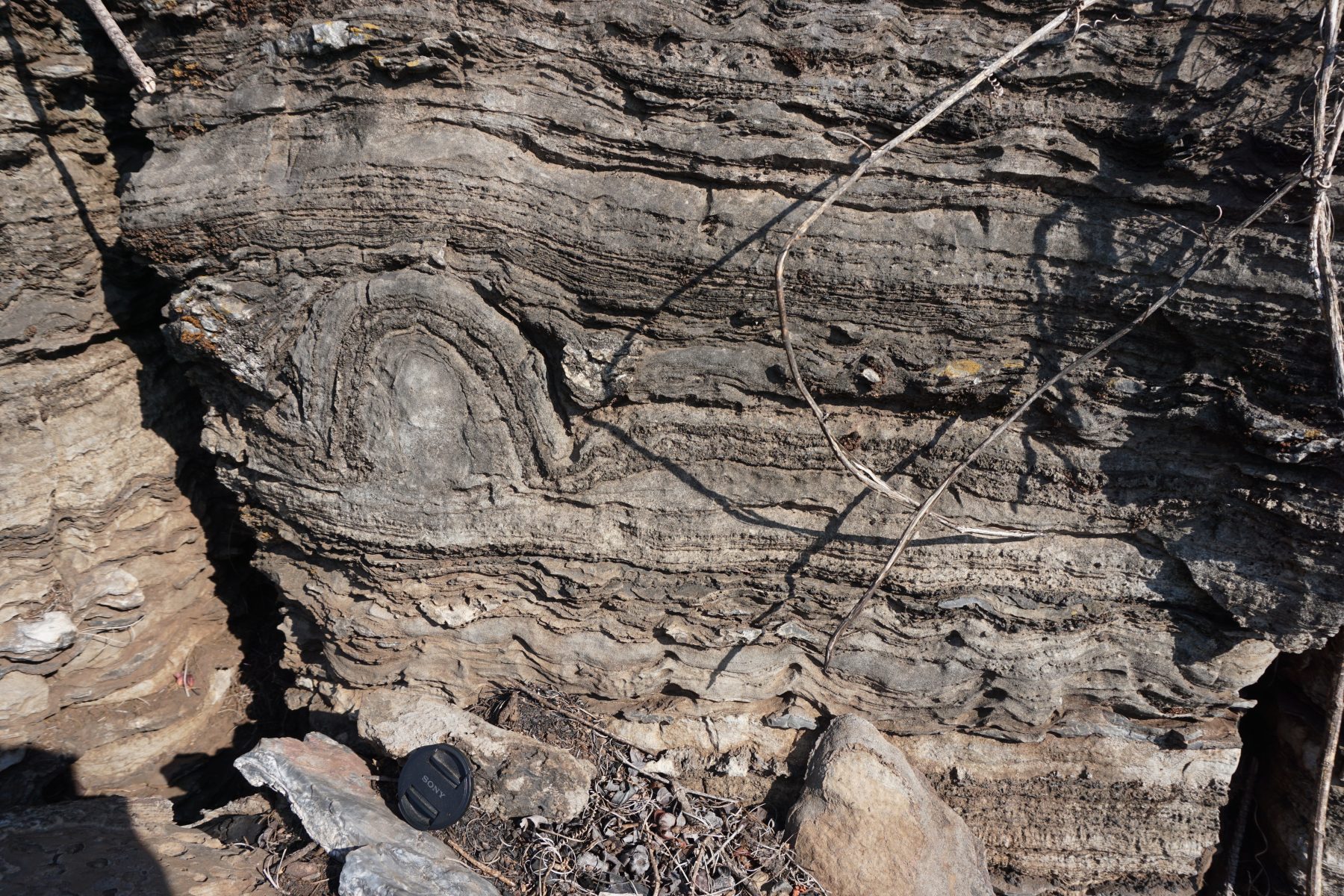Microbialite Database
(Karim Benzerara and Anneleen Foubert)
During this workshop session, community efforts to build an open-source Microbialite Database following FAIR Data Principles will be further developed. The Database will encompass both ancient and recent microbialites across different time slices. Access to already existing Databases will be discussed (compilation), as well as actions to concretize, consolidate and construct the Microbialite Database. The Database aims to go further than the spatial and temporal reporting of microbialites, including key (paleo)-environmental parameters.
Using geochemical models to test hypotheses for microbialite formation (
Benjamin Tutolo and Jordon Hemingway)
In this workshop, we will discuss the use of geochemical modeling software to understand the factors controlling the formation of microbialites. We will briefly discuss the basic thermodynamics of mineral growth from solutions, and use the Geochemist’s Workbench software package to explore processes that lead to mineral saturation and growth. We will also examine reaction-path processes such as evaporation, dilution, and mixing, and finally discuss the role of kinetics. Workshop attendees will be granted access to a free trial license for the Geochemist’s Workbench via email in the week before the meeting.

Construction of the first Microbialite Educational Kit towards a general audience
(Pierre SansJofre and Laurane Fogret
Microbialites are one of the most emblematic examples of the interactions between the biosphere and the geosphere on Earth and fossil stromatolites dated this relationship back to the origin of life near at least 3.5 Ga.
The objective of this afternoon is to build a Microbialite kit that includes various teaching materials (e.g. hand samples, field pictures, thin sections) than can be manipulated by high school students (age 15-18 years) and any educational institution wishing to popularize geobiology and microbialites.
With these materials we seek to raise awareness on the fact that strong interactions between the geosphere (rocks, sediments) and the biosphere (organisms, especially microbes) have shaped our planet Earth and are central to our future.
After the first workshop in 2021, we now have enough material to begin the construction part of this kit in Leysin!

Writing a scientific Grant proposal for Early Careers Researchers
(Johanna Marin Carbonne and Sylvain Bernard)
This workshop aims to help early career researchers, graduate students, postdoctoral fellows, and any young scientists looking to improve their grant writing skills and to gain the confidence in articulating their research vision.
We will explore the different types of grants available for young researchers (mostly focused on Swiss and European Landscape), their purposes and eligibility criteria.
Together, we will examine the essential components of a grant proposal including the research plan, budget, and timeline. We will discuss strategies for clearly articulating research ideas and addressing key questions. We will show examples of successful and unsuccessful grant proposals, to gain insights into the review and evaluation processes. On an interactive basis, we will provide feedback and suggestions to help improve participants’ draft grant proposals.

